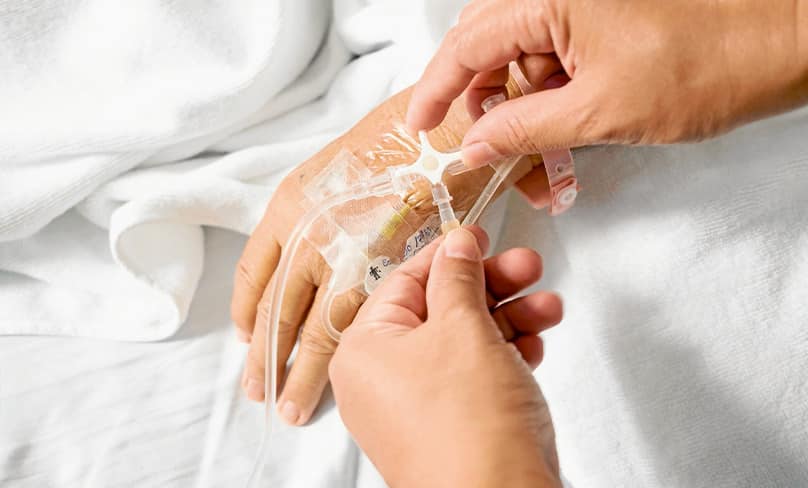
“Dear Father, I recently read that a Catholic organisation that operates several hospitals has declared that it will close its hospitals if they are forced to provide euthanasia or assisted suicide. Is this going too far or is it good ethics? ”
It is sad that the situation has come to this in our country, but what this organisation has said is completely justified.
Just as Catholic hospitals cannot perform abortions, which are the killing of the innocent in the womb of their mother, neither can they cooperate in euthanasia, the killing of innocent people at the end of their life.
Thus far, to my knowledge, no Catholic hospital has been forced to close because they refused to perform abortions, and we pray that they will not have to close over euthanasia.
After all, we are a pluralist society and there are many other institutions prepared to carry out these unfortunate procedures, so Catholic institutions should not be forced to do so.
The Vatican’s recent Letter Samaritanus Bonus sets out the criterion for cooperation in euthanasia.
It says that formal cooperation, where the person agrees with the wrong that others are doing, and immediate material cooperation, where the person does not agree but nonetheless cooperates with it in an immediate, close, way, are to be excluded.
This would of course apply to Catholic hospitals allowing euthanasia to be done on their premises.
“Such situations offer specific occasions for Christian witness where ‘we must obey God rather than men’ (Acts 5:29). There is no right to suicide nor to euthanasia: laws exist, not to cause death, but to protect life and to facilitate co-existence among human beings. It is therefore never morally lawful to collaborate with such immoral actions or to imply collusion in word, action or omission. The one authentic right is that the sick person be accompanied and cared for with genuine humanity. Only in this way can the patient’s dignity be preserved until the moment of natural death. No health care worker, therefore, can become the defender of a non-existing right, even if euthanasia were requested by the subject in question when he was fully conscious” (V, 9).

Even though the law permits euthanasia or assisted suicide, it should not require those who have a conscientious objection to cooperate in it.
If they were asked to cooperate, they would have to refuse.
The Letter says: “Governments must acknowledge the right to conscientious objection in the medical and healthcare field, where the principles of the natural moral law are involved and especially where in the service to life the voice of conscience is daily invoked.
Where this is not recognised, one may be confronted with the obligation to disobey human law, in order to avoid adding one wrong to another, thereby conditioning one’s conscience.
Healthcare workers should not hesitate to ask for this right as a specific contribution to the common good” (ibid.).
Any individuals or heads of institutions will have to answer to God for whatever cooperation they provide: “This cooperation can never be justified, neither by invoking respect for the freedom of others, nor by relying on the fact that civil law provides for it and requires it: for the acts that each person personally performs, there is, in fact, a moral responsibility that no one can ever escape and on which each one will be judged by God himself (cf. Rm 2:6; 14:12)” (ibid.).
What should a Catholic institution do if the failure to cooperate in euthanasia and assisted suicide results in government funding being withdrawn?
The Letter answers that “healthcare institutions must resist the strong economic pressures that may sometimes induce them to accept the practice of euthanasia. If the difficulty in finding necessary operating funds creates an enormous burden for these public institutions, then the whole society must accept an additional liability in order to ensure that the incurably ill are not left to their own or their families’ resources. All of this requires that episcopal conferences and local churches, as well as Catholic communities and institutions, adopt a clear and unified position to safeguard the right of conscientious objection in regulatory contexts where euthanasia and suicide are sanctioned” (ibid.).
So the battle lines are drawn. Let us pray that this strong position of Catholic healthcare providers will be respected.
